
Find Help
More Items From Ergsy search
-

What is NRW in the context of water management?
Relevance: 100%
-
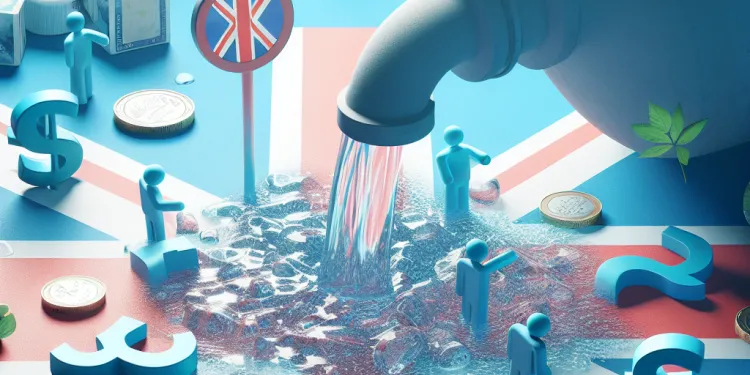
How much water is lost in the UK through poor infrastructure?
Relevance: 45%
-
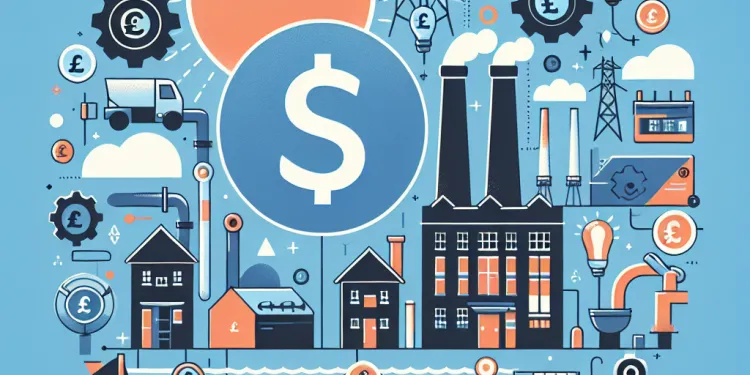
Are water companies responsible for maintaining water infrastructure in the UK?
Relevance: 41%
-
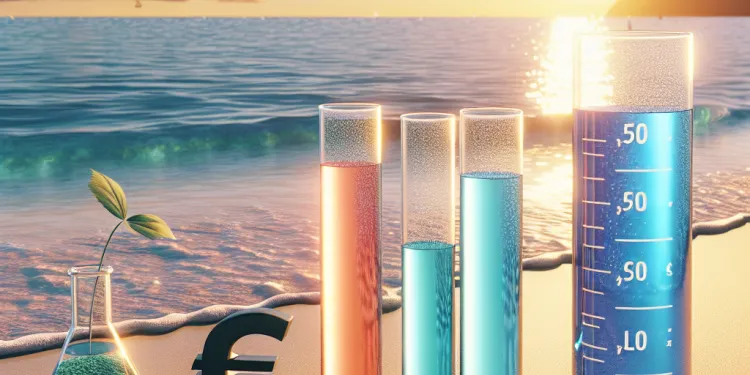
Are some UK beaches rated better for water quality than others?
Relevance: 38%
-
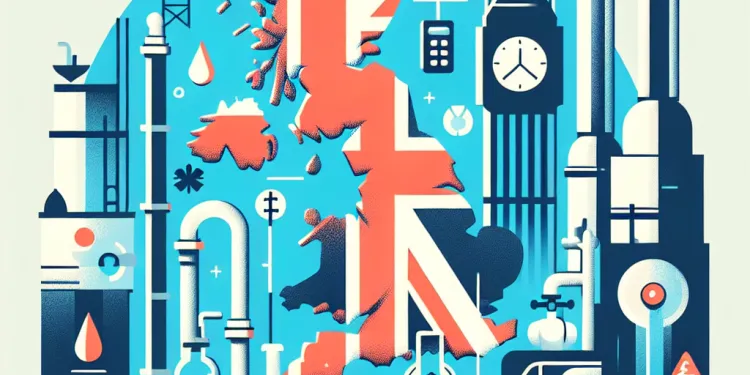
How old is the water infrastructure in the UK?
Relevance: 38%
-
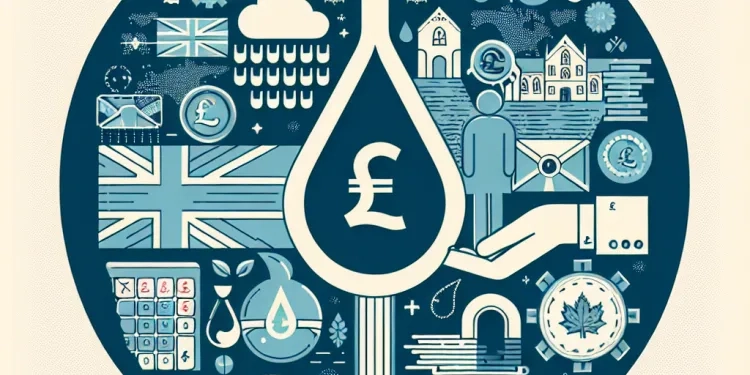
Are there any government initiatives to tackle water loss in the UK?
Relevance: 37%
-
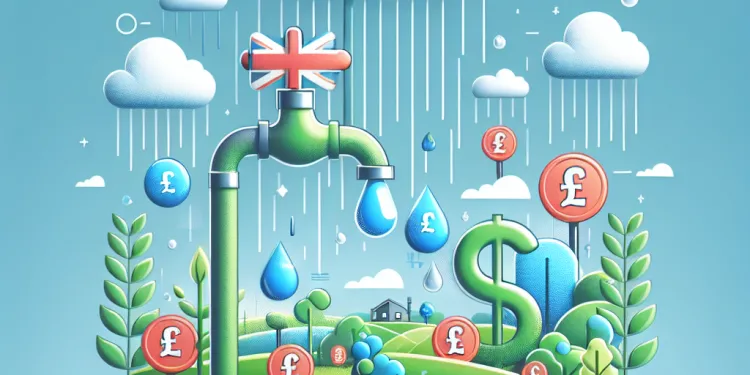
What causes water loss in the UK?
Relevance: 37%
-

Does Thames Water enforce a hosepipe ban more than other water authorities?
Relevance: 36%
-

Does Thames Water impose hosepipe bans more frequently than other water authorities?
Relevance: 36%
-
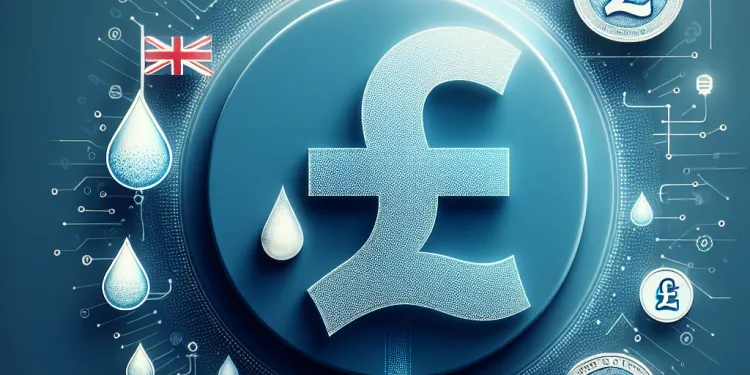
What are the financial implications of water loss for the UK?
Relevance: 36%
-
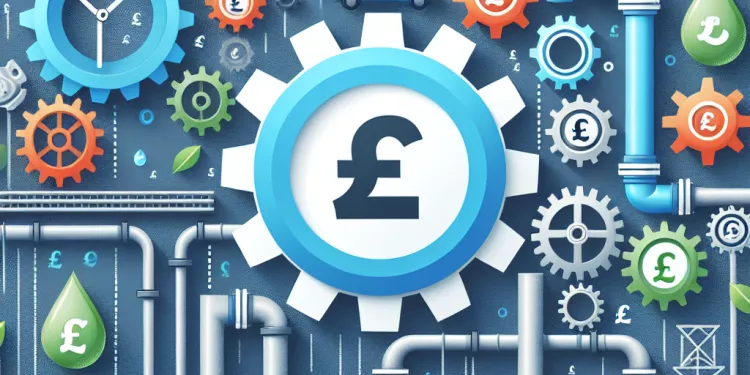
Are there initiatives to improve water efficiency in infrastructure?
Relevance: 36%
-
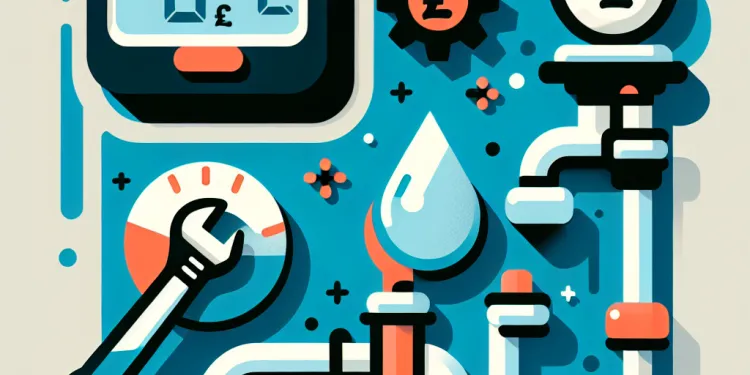
What measures are being taken to address water loss in the UK?
Relevance: 36%
-
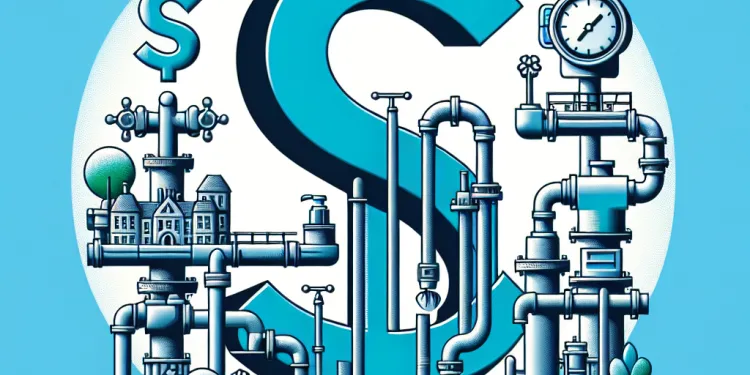
Are there penalties for not maintaining water infrastructure?
Relevance: 36%
-
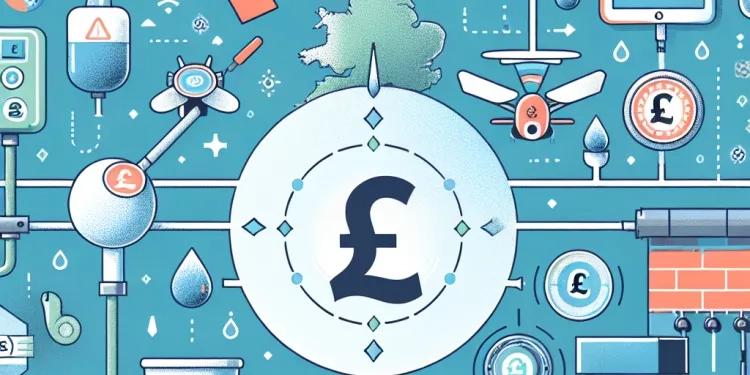
How are new technologies helping to reduce water loss in the UK?
Relevance: 36%
-

How significant is the water loss problem in the UK?
Relevance: 35%
-

Why is it challenging to fix water leaks in the UK?
Relevance: 35%
-
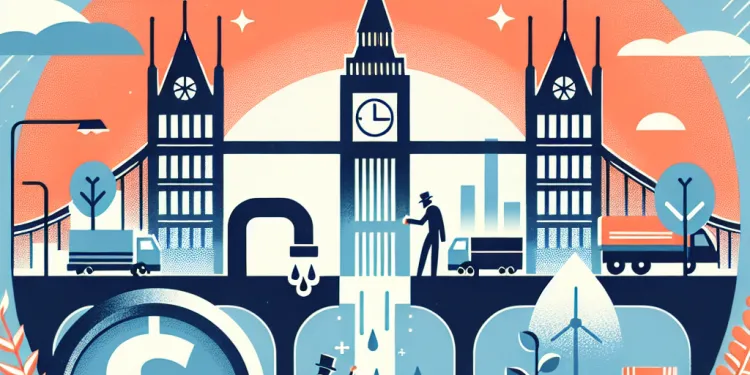
What does water infrastructure maintenance involve?
Relevance: 35%
-
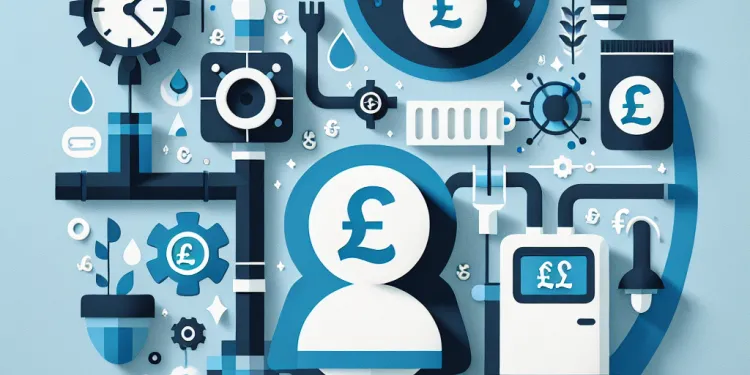
What is the role of a water regulator in my claim?
Relevance: 35%
-

Who regulates the performance and compliance of UK water companies?
Relevance: 35%
-
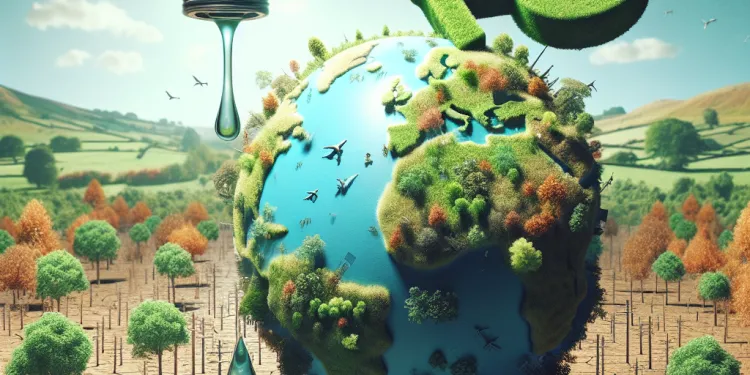
What impact does water loss have on the environment in the UK?
Relevance: 35%
-

What is the expected timeframe to significantly reduce water loss in the UK?
Relevance: 35%
-
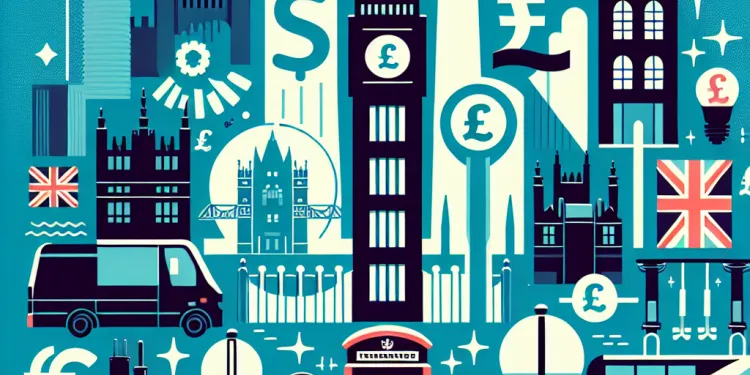
How do water companies fund infrastructure updates?
Relevance: 35%
-
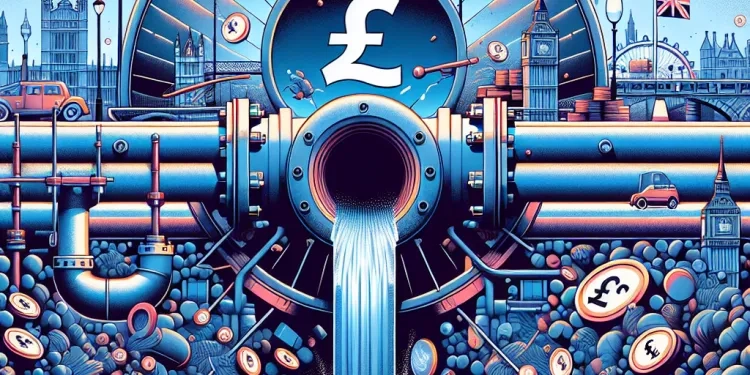
What happens if a water main bursts?
Relevance: 34%
-
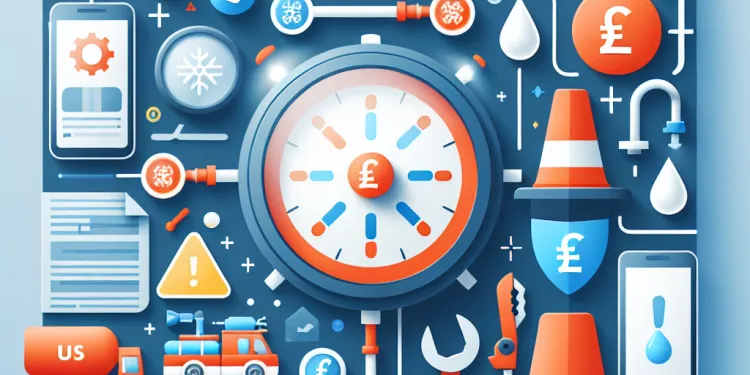
How do water companies detect leaks?
Relevance: 34%
-
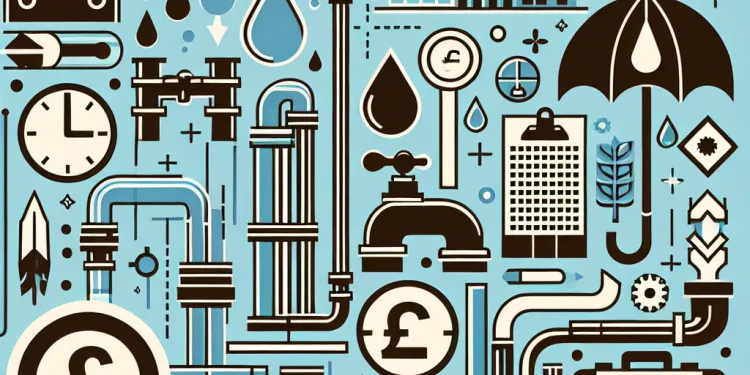
Do water companies have long-term infrastructure plans?
Relevance: 34%
-
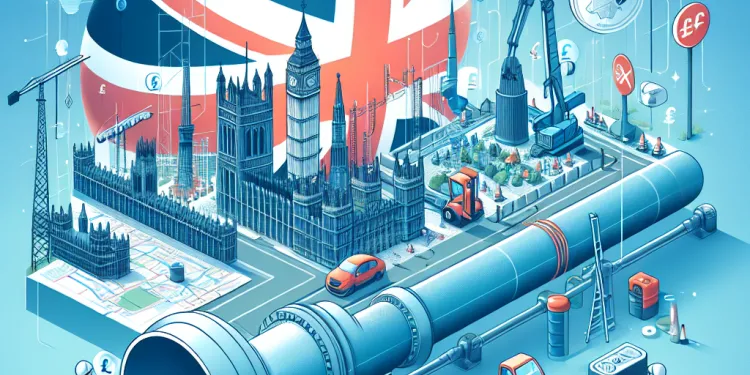
Do water companies have to update the infrastructure?
Relevance: 34%
-
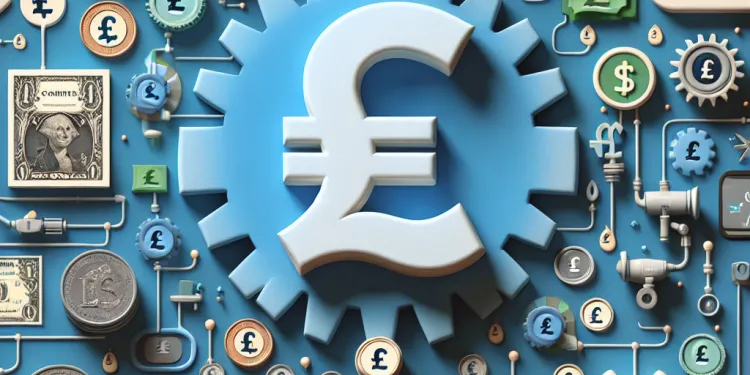
What is the role of consumers in reducing water loss?
Relevance: 34%
-
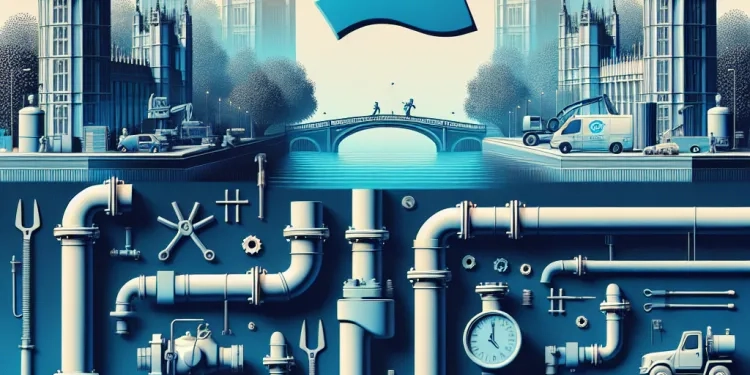
What challenges do water companies face in maintaining infrastructure?
Relevance: 34%
-
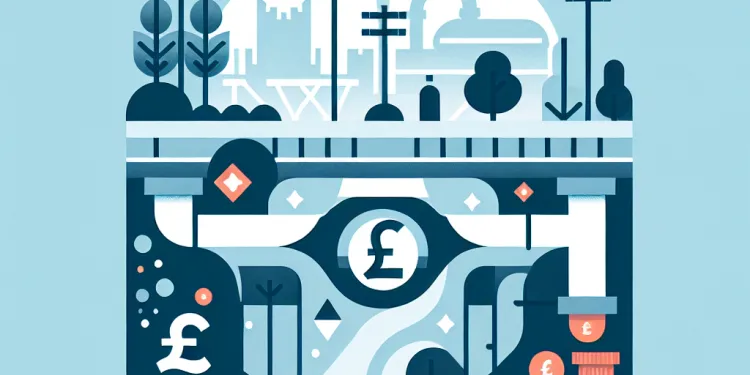
What role do water companies play in sewage pollution?
Relevance: 34%
-
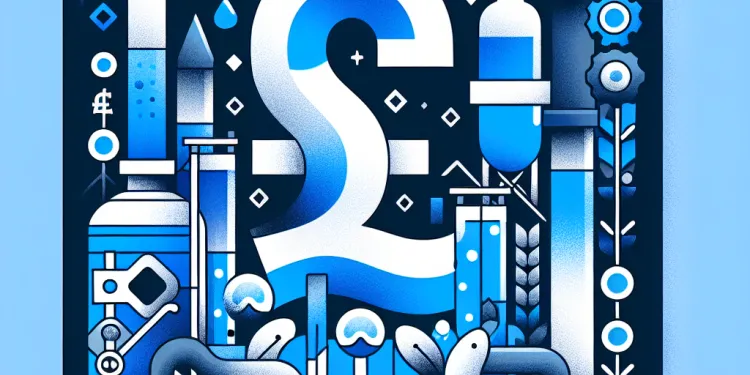
When will the refunds be issued by the UK water companies?
Relevance: 34%
-
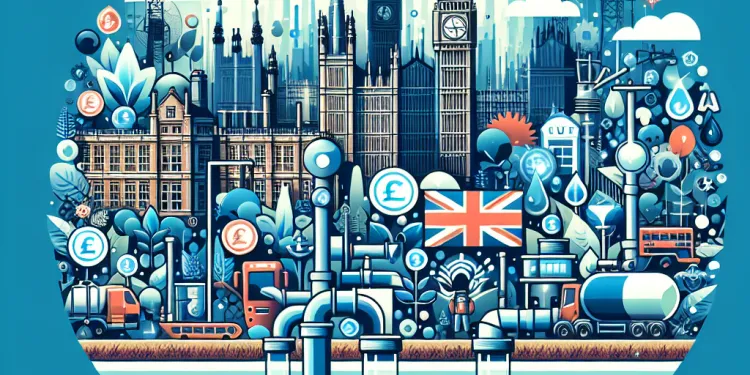
Are water companies responsible to maintain and update infrastructure in the UK?
Relevance: 34%
-
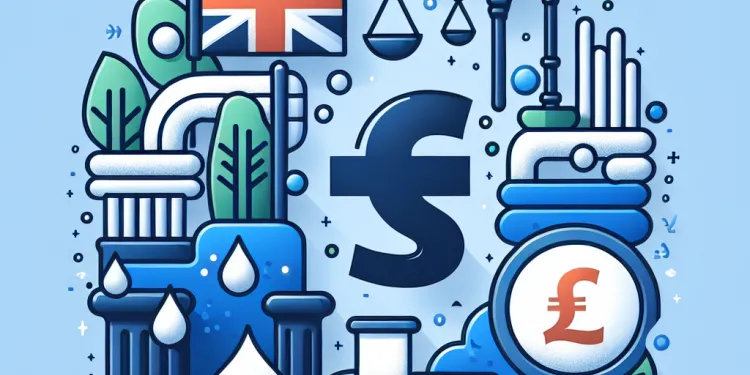
Are there legal guidelines for sewage discharge into UK waters?
Relevance: 34%
-
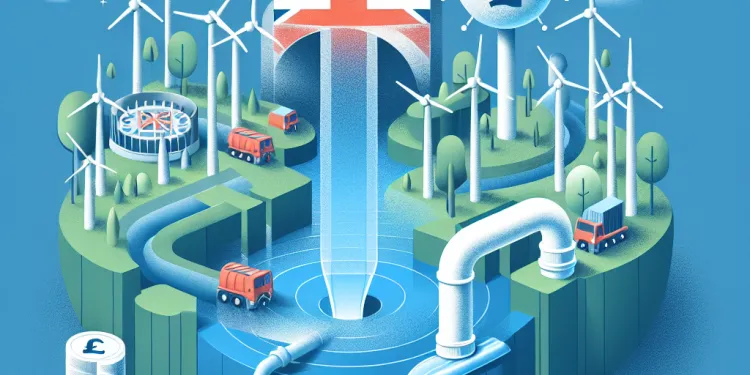
How does climate change affect water infrastructure maintenance?
Relevance: 33%
-
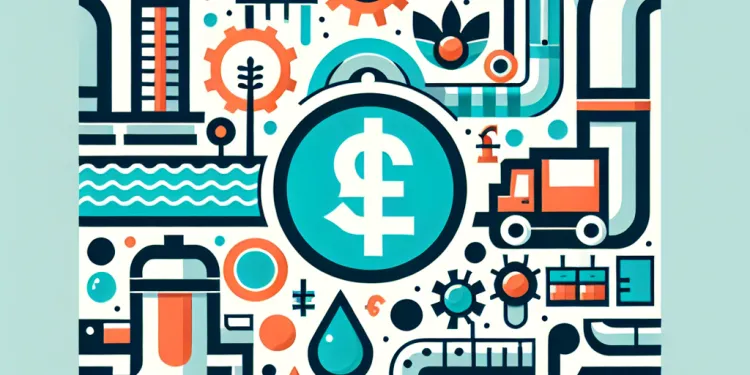
What agencies monitor and regulate sewage pollution in the UK?
Relevance: 33%
-
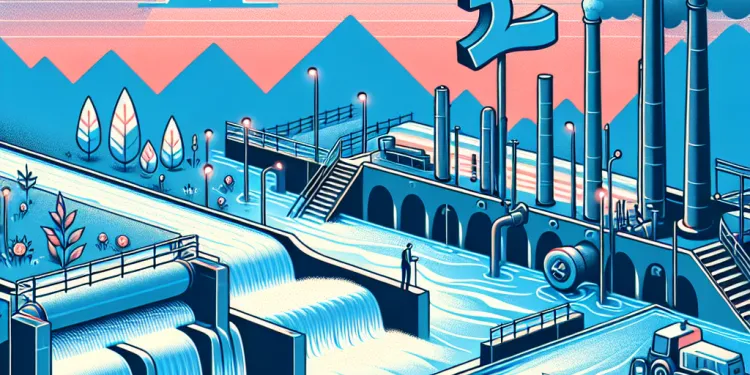
Can customers report issues with water infrastructure?
Relevance: 33%
-
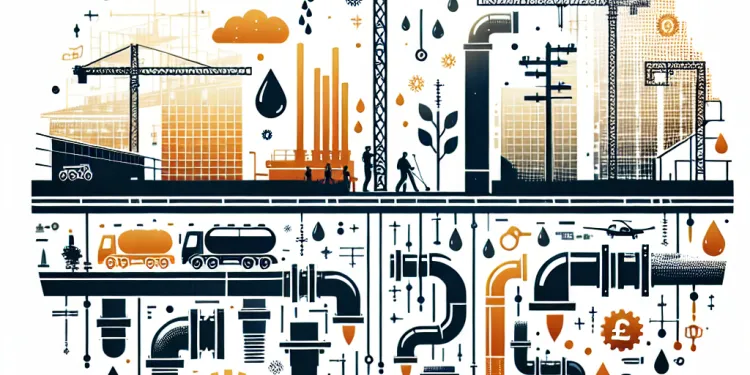
How are infrastructure priorities determined by water companies?
Relevance: 33%
-
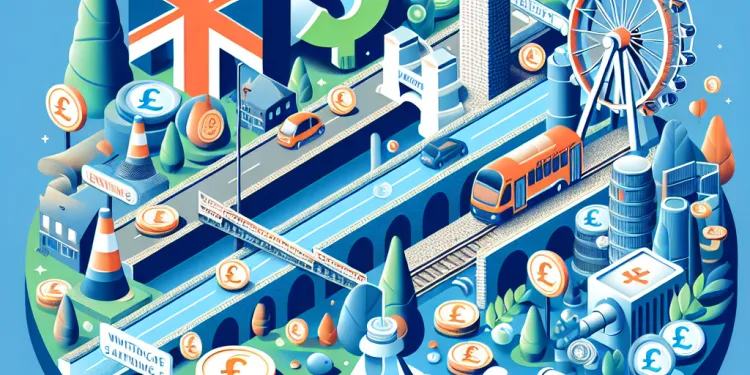
How will refunds affect investments towards improving water infrastructure?
Relevance: 32%
-
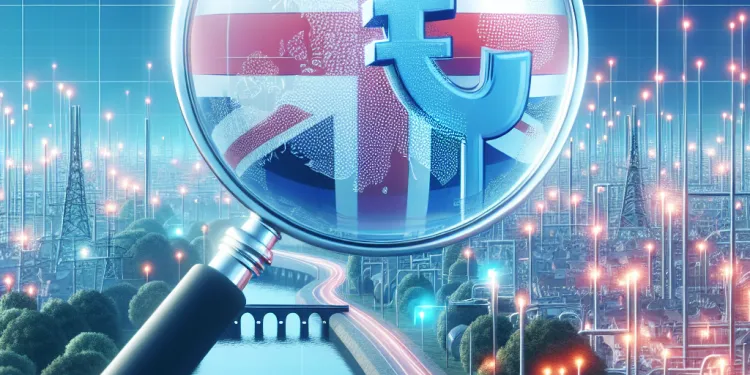
How transparent are water companies regarding infrastructure improvements?
Relevance: 32%
-
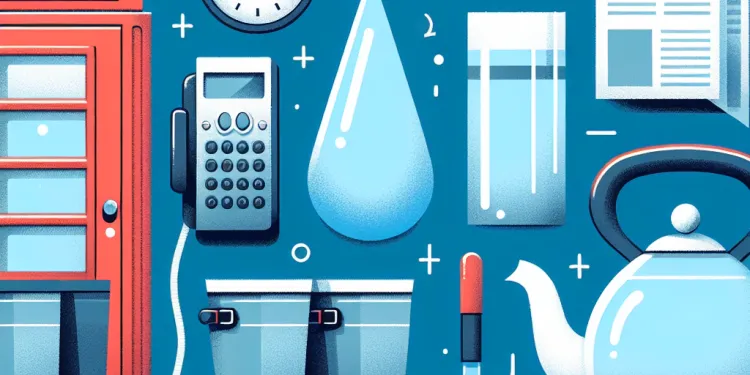
Which UK water companies are going to refund their customers?
Relevance: 32%
-
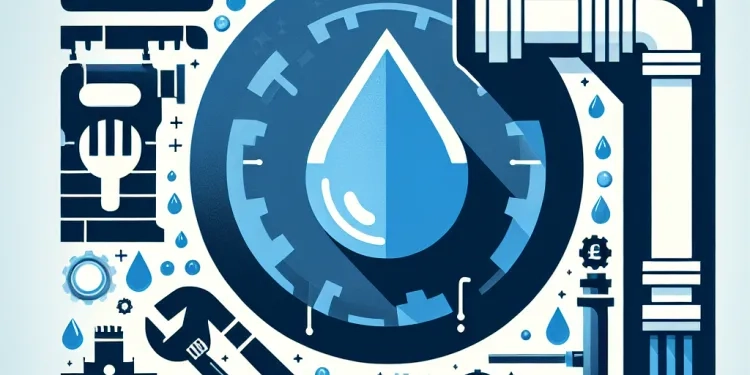
What are common signs of leaks in water infrastructure?
Relevance: 32%
Understanding NRW in Water Management
In the context of water management, NRW stands for Non-Revenue Water. It refers to water that is produced and supplied but does not generate revenue for water utilities because it is lost before it reaches the customer. Managing NRW is crucial for improving water efficiency, sustainability, and financial performance of water suppliers.
Components of Non-Revenue Water
NRW is typically composed of three main components: physical losses, commercial losses, and unbilled authorized consumption. Physical losses, also known as real losses, consist of leaks in the distribution system, including burst pipes and water mains. Commercial losses, or apparent losses, originate from water theft, metering inaccuracies, and billing errors. Unbilled authorized consumption includes water provided to certain consumers free of charge, such as for firefighting or municipal use.
Causes and Implications of NRW
Several factors contribute to the prevalence of NRW, including aging infrastructure, inadequate maintenance, and limited investment in upgrading water systems. Poor metering technology and data management can exacerbate commercial losses. NRW has significant implications for water utilities, as it affects their financial viability by limiting revenue collection and increasing operational costs. Additionally, high levels of NRW can strain water resources, leading to over-extraction from natural reserves, which can have environmental and social consequences.
Strategies to Reduce NRW
Reducing NRW is a priority for water management agencies. Effective strategies include improving water supply infrastructure, such as replacing old or faulty pipes and using advanced leak detection technologies. Enhancing metering accuracy and ensuring efficient billing practices can address commercial losses. Comprehensive NRW management requires robust data analytics to monitor and evaluate water supply systems efficiently. Additionally, public awareness campaigns and policy frameworks can support efforts to reduce NRW by encouraging responsible water use and investment in sustainable technologies.
The UK Perspective on NRW
In the UK, tackling NRW is gaining increased attention within the water management sector. Water companies are investing in modern technologies like smart meters and automated leak detection systems to enhance infrastructure efficiency. Regulatory bodies like Ofwat set targets for reducing leakage and improving overall water efficiency. Initiatives to manage NRW align with wider environmental objectives, especially in the face of climate change and the need to preserve water resources.
Conclusion
NRW presents a significant challenge to water management, but it also offers opportunities for innovation and improvement. By addressing NRW effectively, the water sector can enhance its financial sustainability, protect valuable resources, and deliver reliable services to consumers. Continuous progress in reducing NRW will support the UK's environmental and economic goals, ensuring a resilient water supply for future generations.
Understanding NRW in Water Management
NRW means Non-Revenue Water in water management. It is water that gets lost before it reaches people. This means water companies do not get paid for it. It is important to manage NRW to save water and money.
Parts of Non-Revenue Water
NRW has three parts: physical losses, commercial losses, and unbilled use. Physical losses happen when water leaks from pipes. Commercial losses happen because of stealing, mistakes in measuring, or billing errors. Unbilled use is when water is used for free, like for firefighting.
Why NRW Happens
NRW can happen because of old pipes, not enough care, and not enough money spent on fixing things. Bad water meters and poor data can make things worse. NRW is a problem because it costs money and can use up too much water from nature.
How to Reduce NRW
Reducing NRW is important. Fixing and replacing old pipes can help. Better technology can find leaks. Accurate water meters and good billing can stop commercial losses. Teaching people and making rules can help save water.
NRW in the UK
In the UK, reducing NRW is important. Water companies use new technology like smart meters to find leaks. Rules are made to save water and fix leaks. This helps the environment and saves resources.
Conclusion
NRW is a big challenge but it also means we can make water management better. By fixing NRW, water can be saved, money can be saved, and the environment can be protected. This helps make sure we have water for the future.
Frequently Asked Questions
Useful Links
This website offers general information and is not a substitute for professional advice.
Always seek guidance from qualified professionals.
If you have any medical concerns or need urgent help, contact a healthcare professional or emergency services immediately.
Some of this content was generated with AI assistance. We’ve done our best to keep it accurate, helpful, and human-friendly.
- Ergsy carfully checks the information in the videos we provide here.
- Videos shown by Youtube after a video has completed, have NOT been reviewed by ERGSY.
- To view, click the arrow in centre of video.
- Most of the videos you find here will have subtitles and/or closed captions available.
- You may need to turn these on, and choose your preferred language.
- Go to the video you'd like to watch.
- If closed captions (CC) are available, settings will be visible on the bottom right of the video player.
- To turn on Captions, click settings .
- To turn off Captions, click settings again.
More Items From Ergsy search
-

What is NRW in the context of water management?
Relevance: 100%
-

How much water is lost in the UK through poor infrastructure?
Relevance: 45%
-

Are water companies responsible for maintaining water infrastructure in the UK?
Relevance: 41%
-

Are some UK beaches rated better for water quality than others?
Relevance: 38%
-

How old is the water infrastructure in the UK?
Relevance: 38%
-

Are there any government initiatives to tackle water loss in the UK?
Relevance: 37%
-

What causes water loss in the UK?
Relevance: 37%
-

Does Thames Water enforce a hosepipe ban more than other water authorities?
Relevance: 36%
-

Does Thames Water impose hosepipe bans more frequently than other water authorities?
Relevance: 36%
-

What are the financial implications of water loss for the UK?
Relevance: 36%
-

Are there initiatives to improve water efficiency in infrastructure?
Relevance: 36%
-

What measures are being taken to address water loss in the UK?
Relevance: 36%
-

Are there penalties for not maintaining water infrastructure?
Relevance: 36%
-

How are new technologies helping to reduce water loss in the UK?
Relevance: 36%
-

How significant is the water loss problem in the UK?
Relevance: 35%
-

Why is it challenging to fix water leaks in the UK?
Relevance: 35%
-

What does water infrastructure maintenance involve?
Relevance: 35%
-

What is the role of a water regulator in my claim?
Relevance: 35%
-

Who regulates the performance and compliance of UK water companies?
Relevance: 35%
-

What impact does water loss have on the environment in the UK?
Relevance: 35%
-

What is the expected timeframe to significantly reduce water loss in the UK?
Relevance: 35%
-

How do water companies fund infrastructure updates?
Relevance: 35%
-

What happens if a water main bursts?
Relevance: 34%
-

How do water companies detect leaks?
Relevance: 34%
-

Do water companies have long-term infrastructure plans?
Relevance: 34%
-

Do water companies have to update the infrastructure?
Relevance: 34%
-

What is the role of consumers in reducing water loss?
Relevance: 34%
-

What challenges do water companies face in maintaining infrastructure?
Relevance: 34%
-

What role do water companies play in sewage pollution?
Relevance: 34%
-

When will the refunds be issued by the UK water companies?
Relevance: 34%
-

Are water companies responsible to maintain and update infrastructure in the UK?
Relevance: 34%
-

Are there legal guidelines for sewage discharge into UK waters?
Relevance: 34%
-

How does climate change affect water infrastructure maintenance?
Relevance: 33%
-

What agencies monitor and regulate sewage pollution in the UK?
Relevance: 33%
-

Can customers report issues with water infrastructure?
Relevance: 33%
-

How are infrastructure priorities determined by water companies?
Relevance: 33%
-

How will refunds affect investments towards improving water infrastructure?
Relevance: 32%
-

How transparent are water companies regarding infrastructure improvements?
Relevance: 32%
-

Which UK water companies are going to refund their customers?
Relevance: 32%
-

What are common signs of leaks in water infrastructure?
Relevance: 32%


